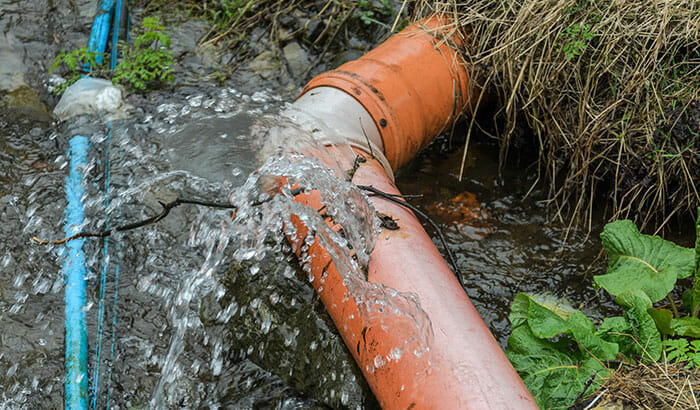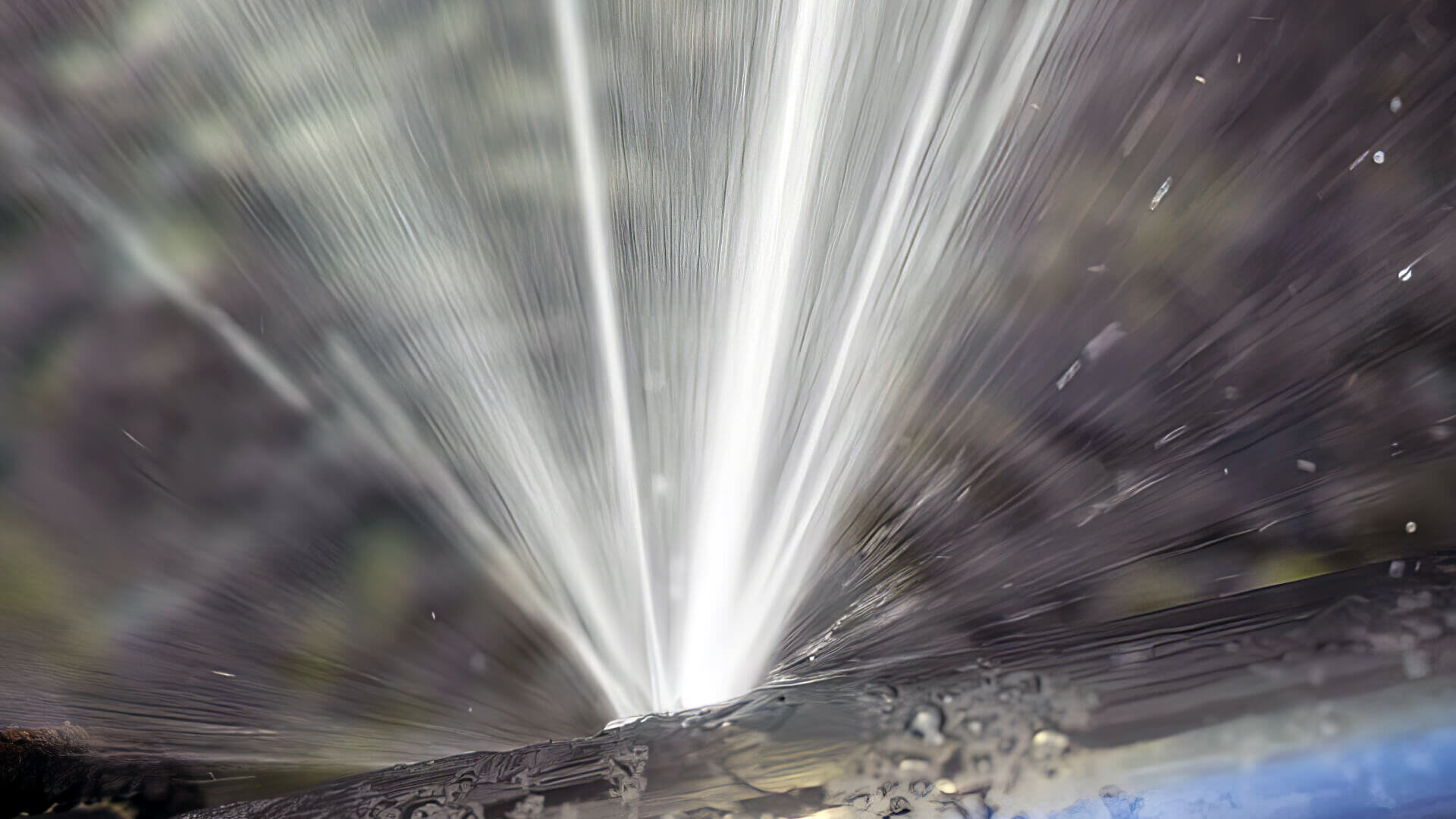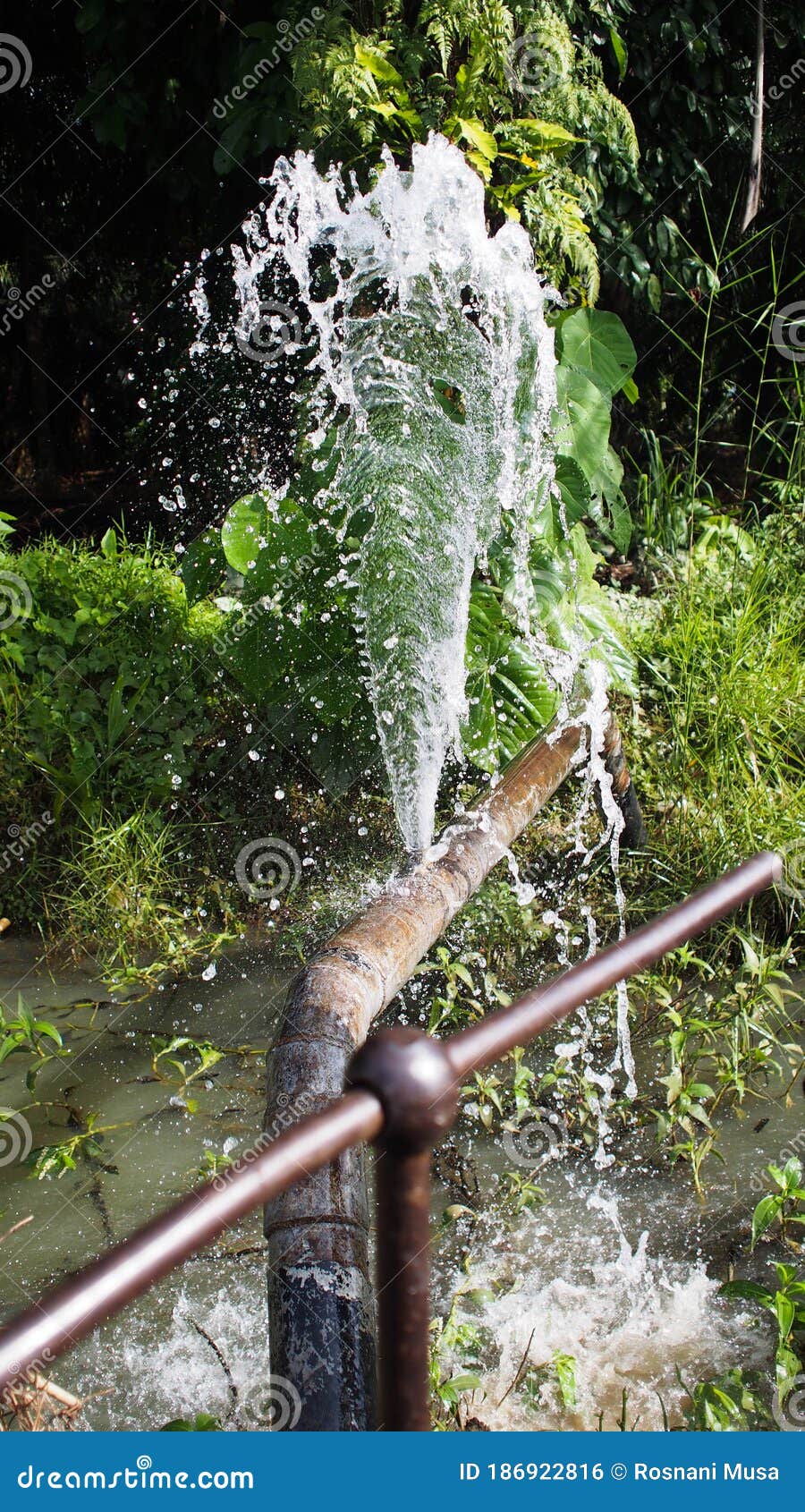Understanding the Causes of a Burst Pipe and How to Prevent It
Avoiding Burst Pipes: Necessary Tips to Protect Your Plumbing
Avoiding burst pipes is a vital issue for home owners, particularly during cooler months when the threat of cold is enhanced. Applying calculated procedures such as correct insulation, regular examinations, and keeping regular indoor temperature levels can significantly reduce the probability of pipeline failing. Additionally, recognizing emergency situation treatments equips homeowners to respond quickly to possible pipes problems. Many are uninformed of the details susceptabilities that their pipelines might face. Checking out these vulnerabilities can give very useful insights into safeguarding your pipes system effectively.
Understand Pipe Vulnerabilities
Understanding pipe susceptabilities is important for effective plumbing maintenance and avoiding pricey damages. A number of aspects add to the sensitivity of pipelines to bursts, consisting of product make-up, age, and ecological problems. Older pipelines, particularly those made from galvanized steel or polybutylene, commonly weaken gradually, leading to enhanced threat of leaks and ruptures.
Temperature level changes can additionally considerably effect pipe integrity. In colder climates, water trapped in pipelines can ice up, increasing and putting in stress on the pipeline wall surfaces, which may eventually lead to a ruptured. High water stress can strain pipelines, especially at bends and joints, increasing the likelihood of failing.

Insulate Pipeline Properly
Appropriate insulation of pipes is crucial for avoiding freezing and subsequent ruptureds throughout cold weather (burst pipe). Insulating your pipes system effectively safeguards versus temperature drops that can bring about costly damage. Begin by recognizing prone areas where pipes are revealed to outdoor temperature levels, such as cellars, attics, and exterior wall surfaces
Use foam pipe insulation sleeves or wrap insulation tape around these locations to supply a protective barrier. Make sure that all sections of the pipelines, especially those with minimal heat direct exposure, receive ample insulation. Pay special focus to joints and installations, as these are more prone to cold.
When shielding, it's vital to select products that satisfy local building regulations and are proper for the details setting. As an example, fiberglass insulation is commonly advised for its thermal resistance residential properties - burst pipe. In addition, think about utilizing warmth wires or tape in extreme conditions, which can be connected in to offer additional heat
On a regular basis inspect protected pipelines for any indications of wear or damages, as jeopardized insulation can diminish its efficiency. By taking these positive actions, you substantially minimize the danger of pipe ruptureds, ensuring a reputable plumbing system throughout the winter season.
Maintain Regular Temperature Level
A secure indoor temperature is crucial for protecting against burst pipes throughout the freezing months. When temperatures decrease, water within pipes can ice up, expanding and creating stress that may ultimately create the pipes to ruptured. To mitigate this danger, property owners should keep a constant temperature throughout their living area, preferably no reduced than 55 ° F(13 ° C)Using a programmable thermostat can aid take care of interior temperature levels effectively, making certain that spaces with plumbing continue to be warm also when the residence is unoccupied. Pay unique attention to locations that are a lot more at risk to cold, such as attics, garages, and basements. Maintaining cabinet doors open under sinks can additionally allow warmer air from the home to flow around pipes.
In enhancement, it is sensible to enable faucets to trickle slightly throughout extreme chilly spells. This minor circulation of water can avoid freezing by easing pressure within the pipes. Moreover, during especially extreme climate occasions, take into consideration temporarily putting on hold any nighttime obstacles on your thermostat More Info to preserve a consistent cozy setting. By applying these methods, home owners can significantly lower the danger of pipeline ruptureds and safeguard their plumbing systems against the severe winter components.
On A Regular Basis Check Pipes
Regular assessments of plumbing systems are crucial for stopping ruptured pipelines and preserving overall home stability. Regular checks enable property owners to recognize potential concerns before they escalate into pricey repairs or major water damages. During these assessments, it is vital to analyze noticeable pipes for indicators of deterioration, leakages, or put on. Pay special attention to locations prone to cold, such as cellars, attics, and outside walls.
Furthermore, examining links and joints is crucial, as these factors are typically prone to leaks. Property owners must likewise evaluate water stress levels, as extreme stress can strain the pipes More Bonuses system and raise the danger of pipeline ruptureds.
Consider scheduling specialist plumbing evaluations at least when a year, particularly prior to winter months, to ensure your system is prepared for cooler temperature levels. By being proactive in your technique, you can secure your home versus the turbulent my latest blog post and costly effects of ruptured pipelines.
Know Emergency Procedures
Recognizing emergency procedures is important for every house owner, specifically after carrying out routine plumbing examinations. Being prepared for a plumbing emergency situation can considerably alleviate damages and save expenses.
Following, keep important devices useful. A plumbing emergency package need to consist of a wrench, bettor, and towels, as well as a flashlight and a bucket for little leakages. Additionally, think about having the contact information for a trusted plumbing conveniently available, must the situation escalate past your control.
If you find a leakage or burst pipeline, quickly shut off the water supply and notify your plumbing technician. Record the damages with pictures for insurance objectives. Understand the signs of potential plumbing concerns, such as unusual water stress changes or damp spots on walls
Eventually, positive understanding and quick activity are essential in managing pipes emergency situations, ensuring your home continues to be secured and decreasing potential damage.

Conclusion
In verdict, stopping burst pipes demands a multifaceted technique that consists of understanding pipeline susceptabilities, appropriate insulation, maintaining regular indoor temperatures, normal assessments, and knowledge of emergency treatments. By implementing these essential approaches, the danger of plumbing failings can be considerably lowered, therefore making certain the longevity and efficiency of the pipes system. Proactive procedures not just guard against possible damages but also add to total water conservation and the protection of residential or commercial property.
In colder environments, water caught in pipes can ice up, applying and broadening pressure on the pipeline wall surfaces, which may eventually lead to a ruptured. When temperatures decrease, water within pipes can ice up, expanding and producing stress that may ultimately cause the pipelines to burst. By executing these approaches, homeowners can substantially decrease the danger of pipeline ruptureds and protect their pipes systems versus the extreme winter season aspects.
